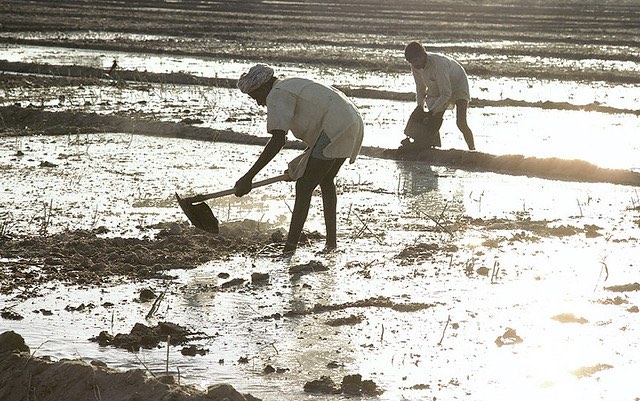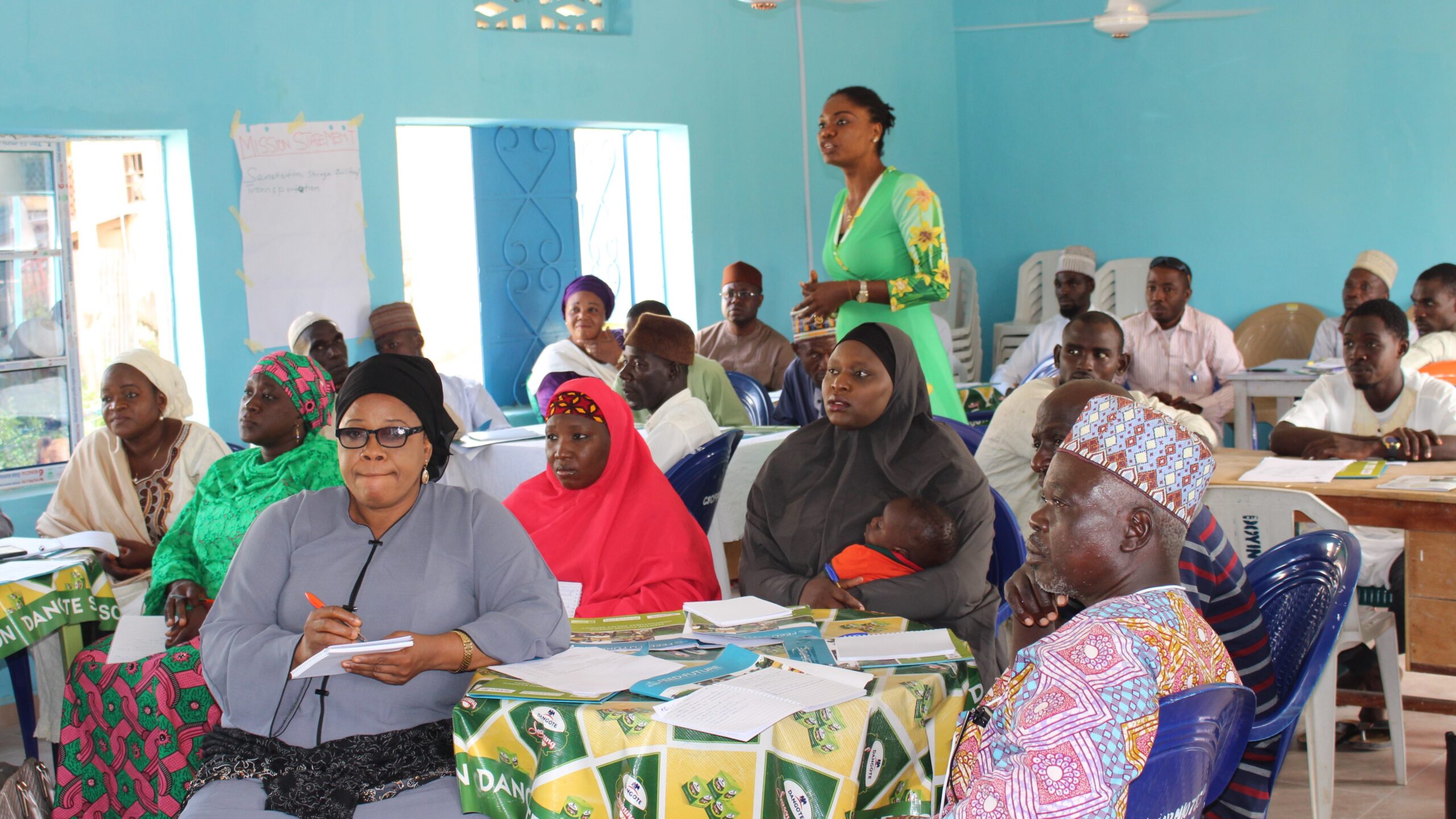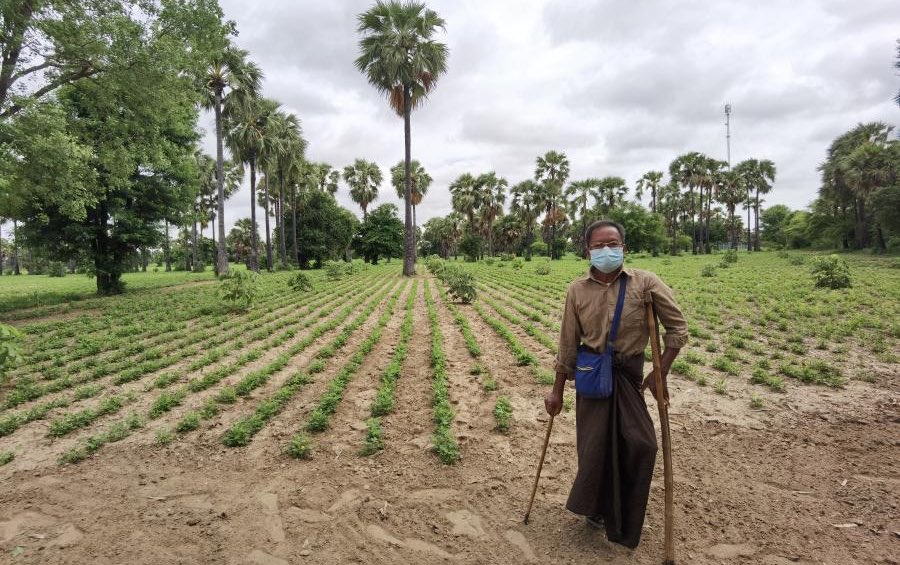PM-KISAN (Pradhan Mantri Kisan Samman Nidhi) is one of the largest income support schemes for smallholder farmers in the world. A targeted support to the agriculture sector is always a welcome move. However, the initiative does not cover landless agricultural laborers or sharecroppers/tenants, thanks to the unavailability of credible records. According to the 2010-11 Agriculture Census, there are 138.35 million farmholdings in India, of which 92.8 million are marginal (<1 ha) and 24.8 million are small (1-2 ha). Even though small and marginal farmers account for more than 85% of total farm holdings, their share in operational area is only 41.2%. About 1.5 million-2 million new marginal and small farmers are added every year due to the law of inheritance. The predominance of smallholders demonstrates their importance in the agriculture policy landscape. In addition, agricultural landless laborers, pastoralists, fishermen, and sharecroppers/tenants/lessee cultivators contribute equally to agricultural growth and deserve special attention.
Land reforms in several Indian states have not been successful, with the exception of Operation Barga in West Bengal. The land reform laws in post-Independence India consisted of redistribution of surplus land from the rich to the poor, abolition of intermediaries, security of tenure to tenants (and tenancy regulations) and consolidation of landholdings. Agricultural productivity and farm size are inversely related; therefore, policies must apply appropriate technologies to raise land productivity. It is equally important to legalize land leasing to enhance farm efficiency.
Many studies have established direct linkages between tenure security and income security. Ensuring land leasing through a legal framework incentivizes tenant cultivators to invest and conserve agricultural land resources, which, in turn, leads to increased land productivity and profitability. Recently, the NITI Aayog, India’s sustainability think tank, recognized that land leasing should be viewed as an “economic necessity” not mere “feudal agrarian structure.”
Enacting appropriate land leasing laws should be the highest priority of state governments. Such pro-farmer moves (though often viewed with suspicion by political executives and influential groups within the farming communities) are expected to benefit Indian agriculture and, ultimately, raise farmers’ incomes. The Indian government committee on Doubling Farmers’ Income (DFI) has also recommended legislating the model Agricultural Land Leasing Act (brought out by NITI Aayog) to ensure private sector investments in agriculture. The bottleneck of credit flow to lessee farmers/sharecroppers/tenants could be addressed by legalizing land leasing, as land is often used by lending financial institutions as collateral for farm loans. The existing laws on land revenue matters are diverse and complex across the states. The model Land Leasing Act doesn’t specify the rent on leased land and the period of lease and has rightly left it to the concerned parties in the land lease market (landowner lessor and lessee cultivators) without any interference from the government. A few states like Madhya Pradesh, Maharashtra, and Uttarakhand have implemented the suggested land leasing legislation with some modifications suiting local contexts. States including Odisha and Uttar Pradesh are considering amendments to their existing revenue laws to legalize land leasing. There is no legal ban on leasing in a few states viz. Andhra Pradesh, Tamil Nadu, West Bengal and Rajasthan. There are few states like Odisha, Karnataka, and Uttar Pradesh, where specific persons/institutions (armed forces personnel; privileged raiyats) are permitted to lease out their agricultural lands.
Restrictive land leasing laws in many parts of the country have led to informal and concealed tenancies without security of tenure. This has ultimately resulted in impeding investments in the agriculture sector and, thus, impacted agricultural productivity. The fear of agricultural lands falling into the hands of the sharecroppers after a specific period (due to restrictive clauses) has also led to large chunk of lands (as high as 25 million hectares, as per some estimates) remaining fallow in the country. With an enabling framework, legalizing land leasing could correct such anomalies. With rising levels of income, the prices of agricultural lands are going up and, therefore, landless agri-laborers and small/marginal farmers can’t afford to purchase new parcels of lands. Land tenure security and collective farming are also in the interest of smallholder agriculture. From the evidence in India and the rest of the world, ensuring poor people’s access to the land lease market could prove to be a game-changer for enhancing farmers’ income. However, such a big-ticket reform needs strong political will and demands corruption-free implementation.
Another important aspect is ensuring effective modernization and digitization of land records. The computerization of land records, land-property transactions and the registration processes has not matched the challenges of land revenue administration so far. The process of mutation and updating of land records has been slow in many states. The poor maintenance of land records and slow pace of digitization of land revenue administration is negatively impacting agriculture. High resolution satellite imagery coupled with verification on the ground has also been suggested for the survey operations. Aadhaar (the government’s verifiable personal ID number) is uniquely positioned to assist the ongoing process of modernizing land records to validate land assets. As land ownership in India is presumptive, moving the existing system to one of state-guaranteed conclusive titles is often advocated. However, the proposed titling would require a massive upgrade of land records and existing processes through computerization, capacity building of stakeholders and amending the appropriate land laws. This can be carried out in via public-private partnerships, as already demonstrated in few states of India. Police records in many Indian states show that land disputes are the reason behind a sizeable chunk of cognisable offenses (in which police intervene without a warrant) (as high as 40% in Bihar) and, therefore, an updated record of ownership would help farmers avoid land-related litigations.
Ensuring food and nutrition security and tackling the looming threat of climate change makes land reforms necessary. A land reforms agenda, particularly land leasing legislation and updated land records, should receive the highest priority to increase incomes of smallholders, tenant farmers and sharecroppers.
A.K. Padhee is India Country Director of the International Crops Research Institute for the Semi-arid Tropics (ICRISAT); P.K. Joshi is IFPRI’s South Asia Director. This post first appeared in the Financial Express. Views are the authors’.







